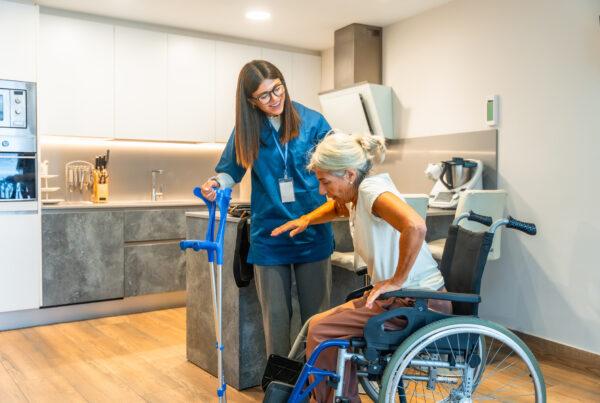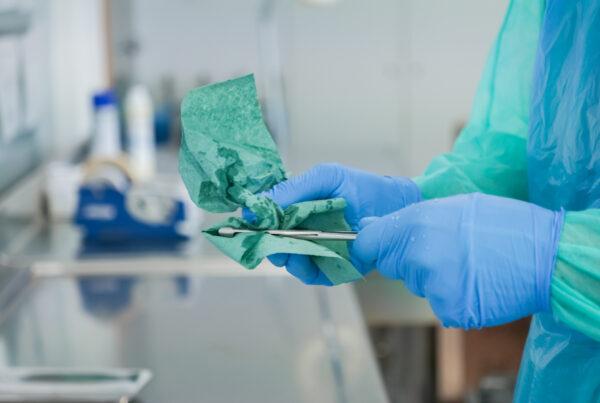A medical office assistant (MOA) plays a crucial role in the ever-expanding healthcare industry. With duties as diverse as patient processing, office correspondence, and bookkeeping, MOAs help medical offices provide efficient and comprehensive healthcare services.
Recognized medical office assistant diploma programs help students develop these skills and know-how, enhancing employment opportunities in less than a year. Benefitting students at various stages in their careers, MOA diploma programs instill their graduates with the administrative and technical expertise they need to grow as medical professionals in a variety of fields.
Wondering what crucial skills you will acquire during your training? Keep reading to find out.
1. Medical Office Assistant Programs Help Students Build Specialized Administration Skills
As healthcare professionals, MOAs are faced with a particular set of administrative and organizational challenges. A diploma program can address these needs by helping students become familiar with important healthcare knowledge, including key concepts relating to anatomy, pharmacology, and medical terminology. This conceptual foundation helps graduates fulfill their administrative role as mediators between patients and medical experts.
An effective diploma program will also familiarize graduates with the daily operations of medical centers, hospitals, and outpatient wards. This proves crucial as MOAs help track medical records, gather patient information, and more.
2. Develop Key Office and Business Skills
Assisting with the effective operation of medical offices, MOAs requires a strong grasp of office technologies and best practices. Top diploma programs anticipate these needs, which is why students learn to feel comfortable working with industry-standard software applications. In addition, students develop aptitudes with typing and basic bookkeeping when earning their Medical Office Assistant Diploma.
Graduates also acquire important skills in-office communications, tailored to their duties with office management and external correspondence. This proves especially important when graduates help coordinate between joint departments of healthcare providers.
3. Develop Patient Service Expertise
Another crucial skill imparted through medical office assistant courses concerns customer service. Tasked with processing patient needs and collecting important information, MOAs require customer service expertise to help put patients at ease. The right training programs help students develop these skills and build on their new-found expertise through practical training in a real healthcare setting. This allows students to interact with patients in real-world scenarios, and develop a true sense of confidence in their skills. With practical experience in their field, students graduate with increased career prospects in a variety of healthcare settings, including research facilities, walk-in centers, and ambulatory departments.

4. Job Search Skills for Medical Office Assistant
In addition to the skills that help graduates make an immediate impact once they’re on the job, many top programs also assist students with their job searching, resume writing, and career planning skills. This emphasis helps students plan not only for their own professional objectives but also helps them land their dream job and excel throughout their careers as respected healthcare professionals.
Are you looking to enhance your career opportunities with a medical office assistant or veterinary office assistant diploma?
Contact Academy of Learning Career College to learn more!






